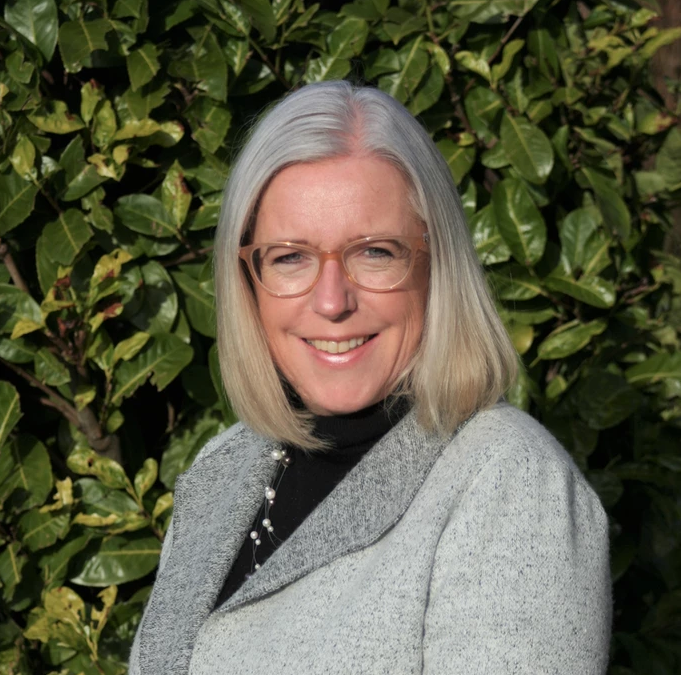
This year, as in 2020, the dawn chorus continues to help us all stay
calm and connected to nature, whether we live or work in an urban or rural location. Indeed, hearing birdsong is known to calm our minds because it signals the absence of nearby threats: if the birds are singing, then, ‘all must be well’. Never has nature seemed more
important in this regard. 4 out of 5 Brits say that listening to birds
singing makes them happier, and 72% say it makes them less stressed.
This means that continued support for smaller wildlife charities that
generate a positive impact is crucial. The independent UK charity,
SongBird Survival, which turns 21 this year, has today appointed a new CEO – York-based Susan Morgan, who has over 25 years of working in the charity sector. She joins from the Tony Elischer Foundation, where she was a Director for four years.
SongBird Survival funds top quality scientific research into the reasons why 50% of our songbirds have disappeared in just 50 years, and investigates how to reverse this decline to preserve species such as the Tree Sparrow, which has fallen by 96%, the Willow Tit by 93%, the Linnet by 70% and the Tree Pipit by 88%.
Ongoing studies that the charity funds include work by the University of Exeter into the attitudes of cat owners to their cat’s hunting behaviour to find pragmatic, practical, non-invasive solutions to reduce the number of birds and mammals killed. The charity is also funding work by the University of Sussex into the effect of specific pesticides on birds, some of which leach into the environment – with toxic consequences for birds and other wildlife.
ABOUT SUSAN MORGAN
Susan’s love of the natural world and of science led her to study Earth Sciences at Oxford University. Her charity career started in retail at British Red Cross and Action for Children, developing their UK-wide chains of shops to maximise profitability. She then moved into fundraising as Head of Fundraising Development at British Red Cross, specialising in Community and Events, developing new income, generating products and working on staff development.
Since returning to her home county of Yorkshire twelve years ago,
Susan’s love of conservation and ornithology has grown, with much of her free time being spent in coastal or woodland locations.
ENDS
They must be broke.
Interesting that they are looking at pesticides as aprt of the problem. What about other aspects of intensification of agriculture? Removal of hedgerows, scrub, and changes in grazing and woodland management, while they’re at it.
Does this also mean they are dropping their insistence that it’s all down to raptors, as Botham used to argue? Burying the hatchet and leaving the RSPB alone for a while?
I would remain concerned about an organisation that states,
“SongBird Survival believes that predators ….. need to be carefully managed to help boost songbird numbers.”
There is no way I would be donating money to this organisation.
Details available via Charity Commission website, including Trustees and finances, see https://register-of-charities.charitycommission.gov.uk/charity-search/-/charity-details/3977102/charity-overview
SS papers and publications via https://www.songbird-survival.org.uk/scientific-publications clearly not too fond of cats, corvids or avian predators. As someone has already mentioned they appear quite on hedgerow and other habitat loss.
Can’t establish if they still enjoy royal patronage …. anyone?
That’s because lots of their members are farmers who shoot. all research I’ve ever seen about cats shows their impact is tiny localised and irrelevant.
As others have commented, the question of Song Bird Survival’s attitudes and policy towards raptors is still very open to question. As I understand it the organisation was established by those who like to shoot our wildlife for fun especially raptors, so I am still very sceptical. I doubt they can add much to the excellent capabilities and knowledge of the RSPB .